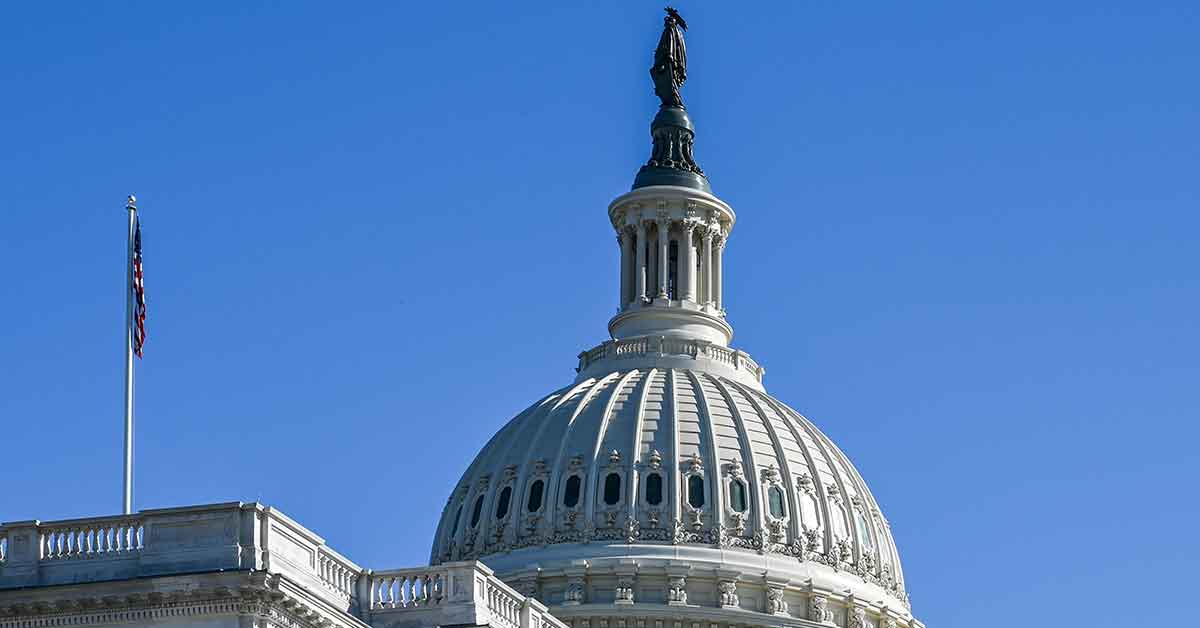Washington Update: May 28

Under a modified version of H.R. 7010, the Paycheck Protection Program would give businesses more time and flexibility to make qualifying expenditures for loan forgiveness and also allow businesses with forgiven loans to defer payroll taxes.
The modified text would:
- Require businesses seeking loan forgiveness to spend at least 60% of covered funds on payroll expenses, instead of 75% under a PPP regulation. The introduced version of the bill would have scrapped the 75% requirement.
- Give some borrowers additional time to start making loan repayments.
- Designate the legislation as an emergency requirement for budgetary purposes.
Loan Forgiveness Changes
- Extend the PPP loan forgiveness period to include costs incurred over 24 weeks after a loan is issued or through Dec. 31, whichever comes first. Businesses that received a loan before the measure is enacted could keep the current eight-week period.
- Extend to Dec. 31 from June 30 a period in which loans can be forgiven if businesses restore staffing or salary levels that were previously reduced. The provision would apply to worker and wage reductions made from Feb. 15 through 30 days after enactment of the CARES Act, which was signed into law on March 27.
- Maintain forgiveness amounts for companies that document their inability to rehire workers employed as of Feb. 15, and their inability to find similarly qualified workers by the end of the year. Under the modified measure, companies would be covered separately if they show that they couldn’t resume business levels from before Feb. 15 because they were following federal requirements for sanitization or social distancing.
- Extend the deadline to apply for a PPP loan to Dec. 31 from June 30.
- Require at least 60% of forgiven loan amounts to come from payroll expenses.
- Repeal a provision from the CARES Act that barred companies with forgiven PPP loans from deferring their payroll tax payments.
- Allow borrowers to defer principal and interest payments on PPP loans until the SBA compensates lenders for any forgiven amounts, instead of the current six-month deferral period. Borrowers that don’t apply for forgiveness would be given at least 10 months after the program expires to start making payments.
- Establish a minimum loan maturity period of five years following an application for loan forgiveness, instead of the current two-year deadline set by the SBA. That provision would apply to PPP loans issued after the measure is enacted, though borrowers and lenders could agree to extend current loans.
- Most other changes would apply retroactively to the enactment of the CARES Act.





